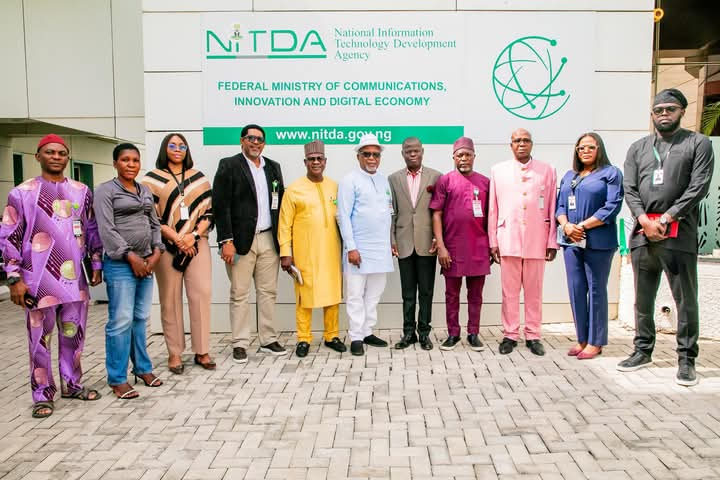At the 2nd Africa Space Economy Conference and Exhibition (ASEC) held in Abuja, Nigeria’s Minister of Innovation, Science and Technology, Mr. Uche Nnaji, called for increased collaboration across governments, private sector leaders, researchers, and global development partners to accelerate Africa’s space economy.
With the theme “Africa Space Economy and Emerging Market,” the event was jointly organized by the Abuja Chamber of Commerce and Industry (ACCI) and the National Space Research and Development Agency (NASRDA).
The Minister’s Call: Unity for Space Advancement
Minister Nnaji emphasized that space technologies are key to solving critical challenges on the continent, including:
-
Accurate weather forecasting
-
Improved resource and land management
-
Enhanced healthcare delivery
-
Broader digital connectivity
“No single nation can unlock the full potential of the space economy alone,” said Nnaji. “We must strengthen public-private partnerships, international alliances, and regional cooperation.”
He urged African nations to invest in talent development, craft innovation-driven policies, and assert their role in shaping the global space sector—advancing the continent’s sovereignty, resilience, and economic independence.
Economic Potential: Nigeria’s $1 Billion Space Opportunity
Dr. Emeka Obegolu, President of ACCI, revealed that Nigeria’s space economy has the potential to contribute at least $1 billion annually to the national GDP by the late 2020s. According to projections:
-
$700–$800 million could stem from private sector involvement
-
The broader economy could benefit up to $15–$25 billion annually, influencing sectors like:
-
Agriculture
-
Telecommunications
-
Logistics
-
Oil and Gas
-
Urban planning
-
Insurance
-
Data services
-
“These are not distant dreams,” Obegolu affirmed. “They are within reach if Nigeria mobilizes strategic public-private partnerships and maintains a climate that fosters innovation and investment.”
Local Capacity & Innovation: Moving Beyond Consumption
NASRDA’s Director General, Dr. Matthew Adepoju, emphasized that Africa must transition from merely consuming imported space technologies to actively building and exporting its own.
“Nigeria continues to play a strategic role in this shift,” said Adepoju. “We are expanding local content, fostering innovation, and investing in human capital to position Africa as a key stakeholder in global space advancement.”
He urged all stakeholders—including research institutions and international partners—to deepen cross-border cooperation and jointly propel Africa’s space ecosystem forward.
ASEC as a Launchpad for African Businesses
The ASEC platform is also a business gateway, especially for Nigeria’s private sector, offering:
-
Investment opportunities
-
Business-to-business networking
-
Exposure to space-enabled innovations in agriculture, security, and disaster management
-
STEM career development and job creation
“ASEC is more than a conference—it’s a catalyst,” said Obegolu. “It empowers enterprises to future-proof their models and become active participants in one of the world’s most exciting emerging markets.”
Conclusion: A United Space Future for Africa
The 2024 edition of ASEC reaffirmed that Africa’s participation in the global space economy is not just possible—it’s essential. With the right partnerships, policy support, and investment in local capacity, Nigeria and its continental partners are poised to turn space from aspiration into economic reality.

